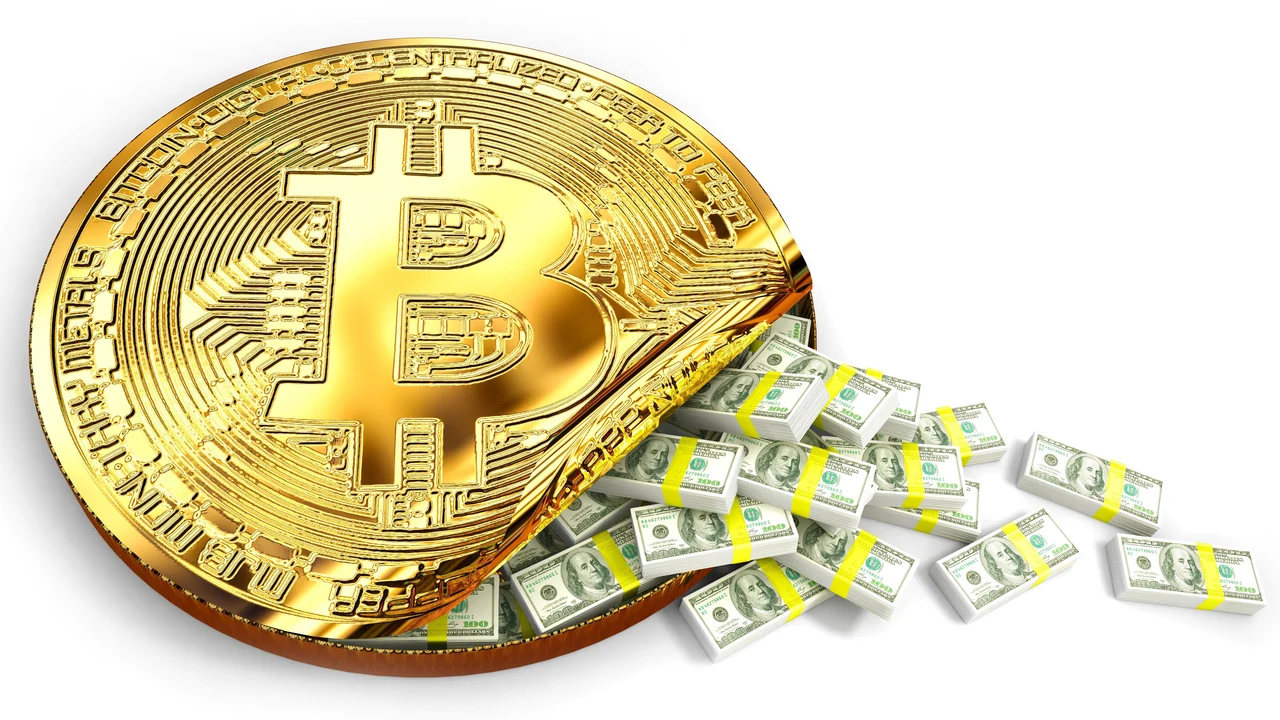On October 7, 2023, Bitcoin touches (BTC) reached a new high for the year, touching $29,000. This is despite increasing regulatory pressure on the cryptocurrency industry from governments around the world.
So why is Bitcoin seemingly unaffected by regulatory pressure? There are a few reasons:
- Bitcoin is decentralized. Bitcoin is not controlled by any government or financial institution. This makes it difficult for regulators to target it.
- Bitcoin is global. Bitcoin can be used to send and receive money anywhere in the world, without the need for a bank or other financial intermediary. This makes it difficult for regulators to control its use.
- Bitcoin is anonymous. Bitcoin transactions are pseudonymous, meaning that users can send and receive money without revealing their identity. This makes it difficult for regulators to track Bitcoin users and transactions.
In addition to these factors, there is also a growing recognition among investors and institutions that Bitcoin is a valuable asset. Bitcoin is seen as a hedge against inflation and a potential store of value. This demand is helping to support Bitcoin’s price, even in the face of regulatory pressure.
Here is a more detailed look at some of the reasons why Bitcoin is unaffected by regulatory pressure:
Bitcoin’s decentralized nature
Bitcoin is a decentralized cryptocurrency, which means that it is not controlled by any government or financial institution. This makes it difficult for regulators to target Bitcoin. For example, if a regulator wants to ban Bitcoin, it would need to convince all of the world’s Bitcoin users and nodes to stop using the network. This is a very difficult task, if not impossible.
Bitcoin’s global reach
Bitcoin can be used to send and receive money anywhere in the world, without the need for a bank or other financial intermediary. This makes it difficult for regulators to control its use. For example, if a regulator wants to prevent its citizens from using Bitcoin, it would need to block all access to the Bitcoin network. This is also a very difficult task, if not impossible.
Bitcoin’s anonymity
Bitcoin transactions are pseudonymous, meaning that users can send and receive money without revealing their identity. This makes it difficult for regulators to track Bitcoin users and transactions. For example, if a regulator wants to identify and punish people who are using Bitcoin for illegal activities, it would need to be able to track down the identities of the people involved. This is a very difficult task, if not impossible.
Growing demand from investors and institutions
There is a growing recognition among investors and institutions that Bitcoin is a valuable asset. Bitcoin is seen as a hedge against inflation and a potential store of value. This demand is helping to support Bitcoin’s price, even in the face of regulatory pressure.
For example, in recent months, a number of large institutional investors, such as MicroStrategy and Tesla, have invested heavily in Bitcoin. This is a sign that Bitcoin is becoming increasingly mainstream and that investors are seeing it as a viable asset class.
What does the future hold for Bitcoin and regulation?
It is difficult to say what the future holds for Bitcoin and regulation. However, it is clear that Bitcoin is a resilient asset that is not easily deterred by regulatory pressure.
As Bitcoin continues to grow in popularity and adoption, it is likely that regulators will come under increasing pressure to develop clear and fair regulations for the cryptocurrency industry. It is important for regulators to strike a balance between protecting investors and consumers and stifling innovation.
Bitcoin is unaffected by regulatory pressure because of its decentralized nature, global reach, anonymity, and growing demand from investors and institutions.
While the future of Bitcoin and regulation is uncertain, it is clear that Bitcoin is a force to be reckoned with. As Bitcoin continues to grow and mature, it is likely to play an increasingly important role in the global economy.




